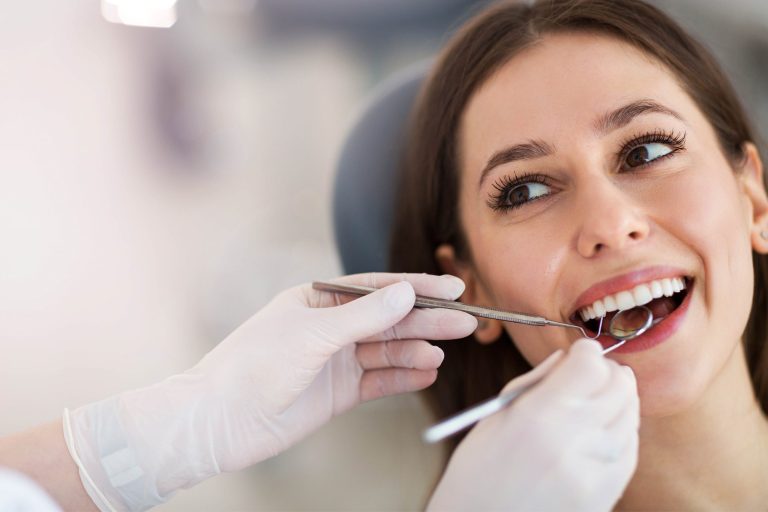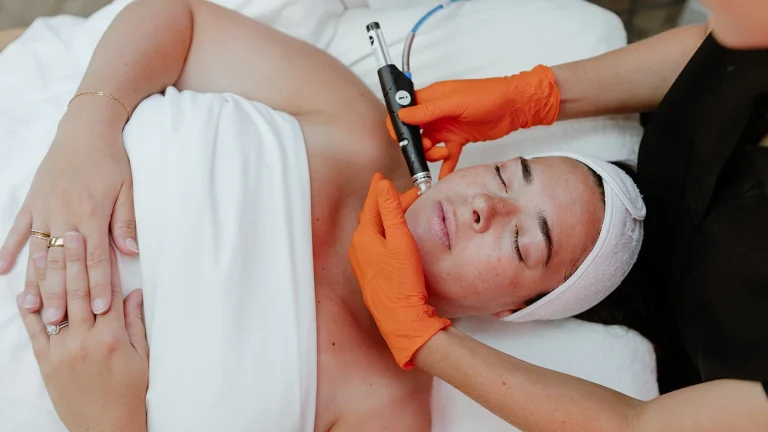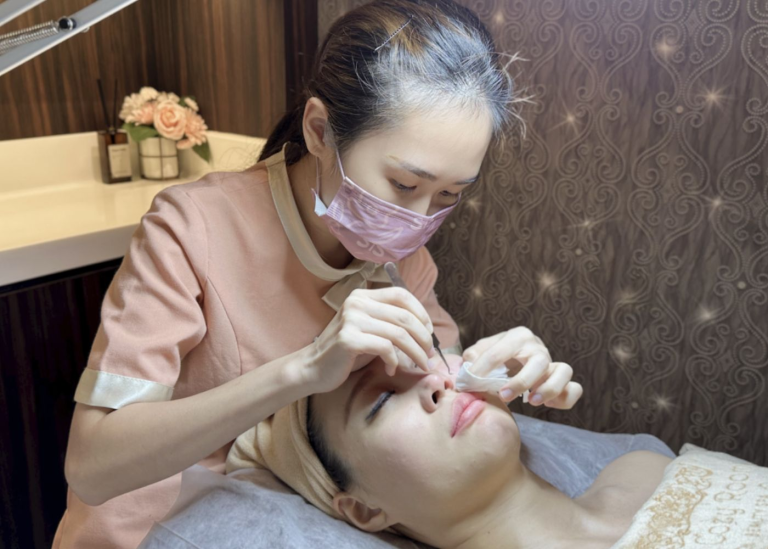Have you ever woken up with sore jaw muscles or a headache? Are your teeth worn out or chipped? Even though this dental condition has nothing to do with tooth decay or cavities, it can cause serious problems to your overall oral health. Knowing about bruxism, its treatments, and the common symptoms is important. Therefore, if you suffer from dental problems, you should contact a gum specialist in Dieppe, NB.
Signs you may have bruxism.
Bruxism is a condition where the person unconsciously clenches or grinds their teeth. Bruxism can damage teeth, cause jaw joint problems, and lead to oral health complications. Grinding or clenching teeth can occur when the person is awake or asleep and thus divided into two different conditions.
- Awake bruxism
In this condition, people grind their teeth and clench their jaws during the daytime. It is usually related to emotional stress, anger, tension, anxiety, or frustration. It can also occur during deep concentration.

- Sleep bruxism
In this condition, people grind their teeth during sleep. It can cause more harm because you are unaware of what is happening and do not realize how strong the grinding is. One can use up to 250 pounds of force, causing jaw pain and headaches. If you have sleep bruxism, you can also experience other sleep disorders like sleep apnea and snoring.
You may not know you have bruxism and be unaware of it until someone tells you or complications develop. Some common signs of bruxism are:
- Pain in the neck, face, or jaw.
- Consistently tired
- Tight jaw muscles
- Swelling in the lower jaw
- Increased tooth sensitivity
- Headaches
- Audible teeth grinding
- Achy pain around your ears
- Worn tooth enamel
- Difficulty falling asleep
- Damaged dental restorations
- Pain when eating
Visit a dentist if you notice any such signs of bruxism. They will examine your teeth and jaw and provide treatment plans for it.
What causes bruxism?
It is not clear why people grind their teeth, but sometimes it is often linked to the following.
- Stress and anxiety–a common cause of teeth grinding
- Sleep issues like sleep apnoea and snoring
- Certain medicines like Selective Serotonin Reuptake Inhibitors (SSRIs)
- Drinking alcohol, smoking, intake caffeine, and taking drugs like cocaine and ecstasy.
How to reduce bruxism?
- Discover ways to relax by doing breathing exercises or listening to music.
- Improve your sleep schedule, relax before bedtime, and ensure your bedroom is quiet and dark.
- Take painkillers like ibuprofen or paracetamol if you suffer from jaw pain or swelling.

















